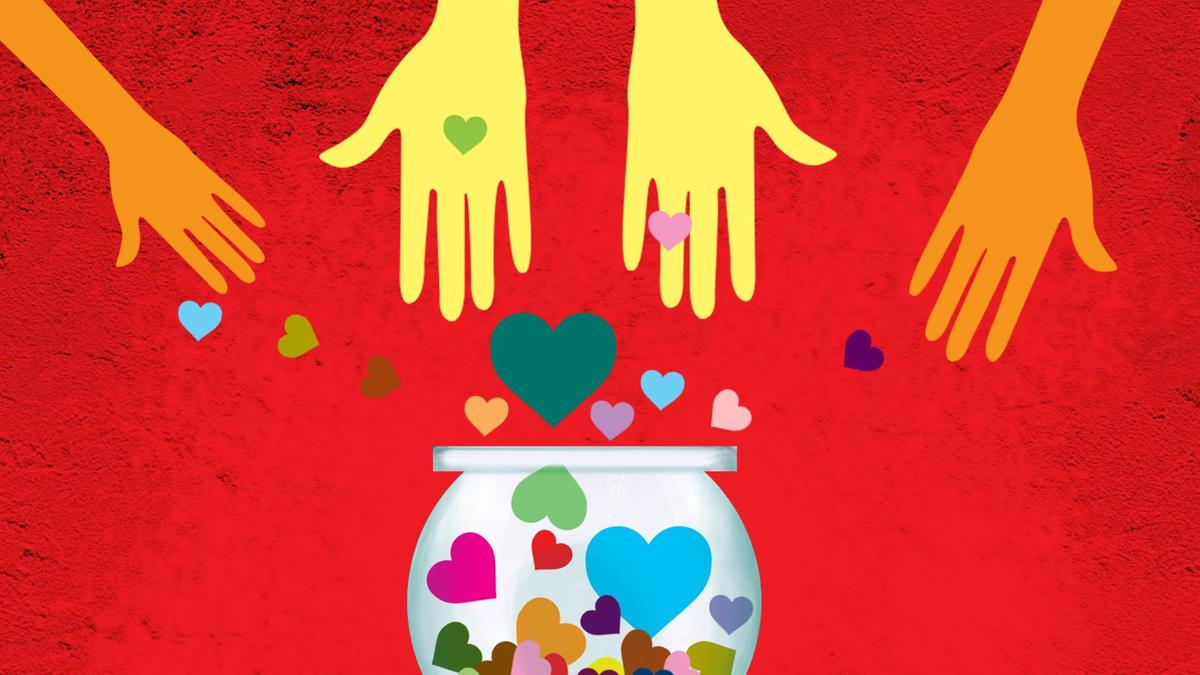

MUSCAT: While more than half of Omanis donated to charity work during the coronavirus pandemic, many individuals were willing to do volunteer work.
According to a survey by National Centre for Statistics and Information (NCSI), 53 per cent Omanis donated to charity work and about 14 per cent participated in volunteer work.
“Many individuals expressed their desire to participate in volunteer work, but due to social distancing measures and the fear of contacting the virus hindered their readiness”, pointed out the survey.
About 14 per cent participated in volunteer work during the pandemic, 9 per cent did it individually, and 3 per cent in the form of various trusts and foundations, and 2 per cent did it individually and through institutions.
At the same time, the survey pointed out, “despite the negative effects of the pandemic, half of the Omanis surveyed said there were positive effects as well, most notably harmony in family because of the implementation of the isolation measures”.
About 70 per cent felt an increase in family time between household members for long periods, as well as the rationalizing in consumption of resources and increasing savings by 13 per cent.
“About 8 per cent think that the situation has brought them closer to God through praying and supplication, in addition to an increased interest in religious activities as well as other positive impacts”, it said.
With regard to the economic impact of the pandemic on Omanis, the survey found that one-fifth of those surveyed was of the opinion that they or one of their family members were affected economically in one way or another due to the pandemic.
“For 40 per cent of those surveyed, reduction in wages or salary was the most prominent economic impact. The cessation of work or the closure of projects had the greatest impact for business owners or for the self-employed”, it said.
The highest economic vulnerabilities were reported in the Governorate of Muscat with 24 per cent, which is twice the rate of that recorded in the Governorate of Al Batinah South with 12 per cent.
About 58 per cent of those affected economically called for providing mechanisms to register those affected in order to obtain governmental support, compared to 42 per cent who do not expect issuing of these mechanisms, while 86 per cent of those who expect to provide mechanisms intend to register their names in order to obtain such support if available.
“In this context, 87 per cent of those surveyed stated that they were very satisfied or satisfied with the decision to postpone the due installments on some loans, which reflects a large degree of satisfaction with this decision”, it said.
As for the impact of the pandemic on the educational process is concerned, 32 per cent stated that one of their family members was negatively affected.
Oman Observer is now on the WhatsApp channel. Click here



